The combined net profits of Chinese automakers are less than half of Toyota's. Is there still a need for fierce competition?
![]() 06/12 2024
06/12 2024
![]() 590
590
At the recently held 2024 China Automotive Chongqing Forum, many top executives of automakers did not engage in the usual polite speeches as in previous years, but instead fiercely debated, creating an atmosphere where the "sharp competition" in the automotive market seemed to spill over onto the forum.
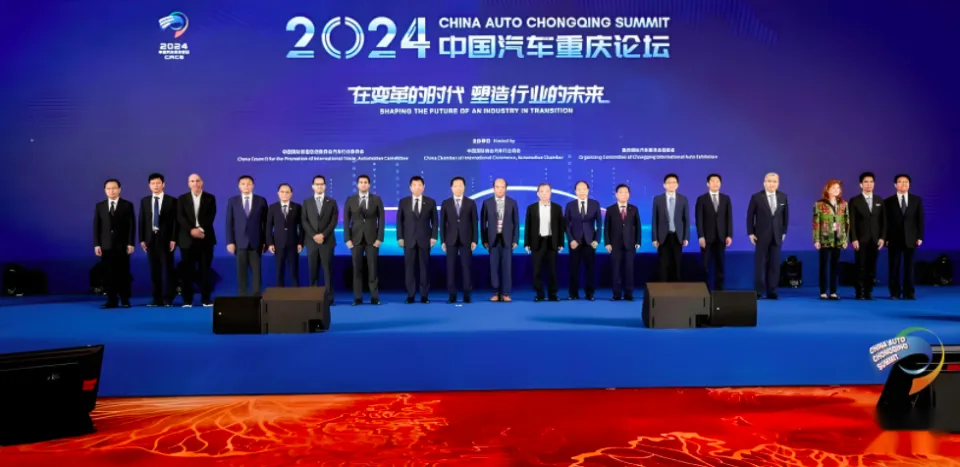
With a statement from Wang Xia, the Chairman of the China Council for the Promotion of International Trade Automotive Industry Committee: "Compared to the first half of the automotive industry's transformation, the second half seems to have undergone a sudden change in style. The entire industry is shrouded in an atmosphere of anxiety and competition, competing on price, configuration, speed, traffic, and even the boss. It feels like the second half has pressed the fast-forward button, the elimination round is accelerating, and the outcome seems to be imminent." Once these words were spoken, the direction of the forum gradually shifted, and the top executives of major automakers began a heated debate on whether the "automotive industry should engage in fierce competition".
As BYD, which has emerged victorious in the automotive market transformation, stands naturally on the pro-competition side with a sense of relaxation unique to a victor, Wang Chuanfu, Chairman and President of BYD, said: "In 5 to 10 years, it will be very interesting to look back. In fact, 'competition' is a form of competition, which is the essence of a market economy." He also added: "The core of a market economy is competition, and competition leads to prosperity."
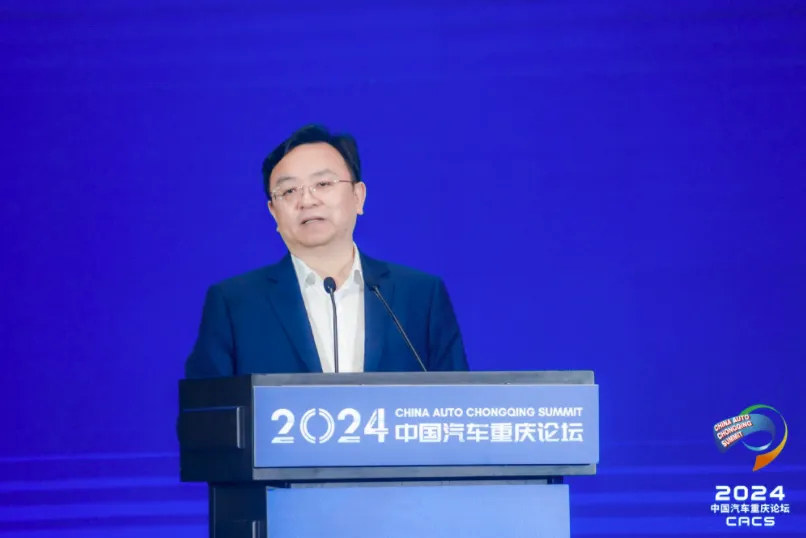
Standing on the same side as BYD is Zhu Huarong, Chairman and Party Secretary of Changan Automobile, who mentioned in his speech: "Competition is a normal process where good money drives out bad, and it is the best way for the industry to quickly return to healthy competition."
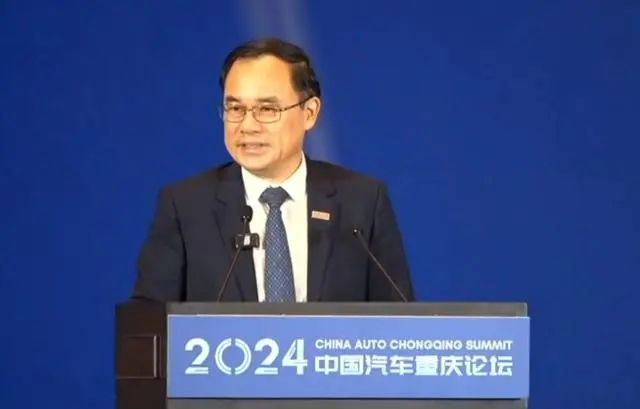
However, Zeng Qinghong, Chairman of GAC Group, who holds the opposing view, bluntly stated: "This kind of fierce competition is not a solution. What is the purpose of a company? It is to make a profit. And what is the purpose of making a profit? It is to contribute to society, including paying taxes and providing jobs. But now? Everyone is laying off employees." In addition, he also suggested that relevant departments consider "equal rights for gasoline and electric vehicles" after the penetration rate of new energy vehicles reaches 50%.
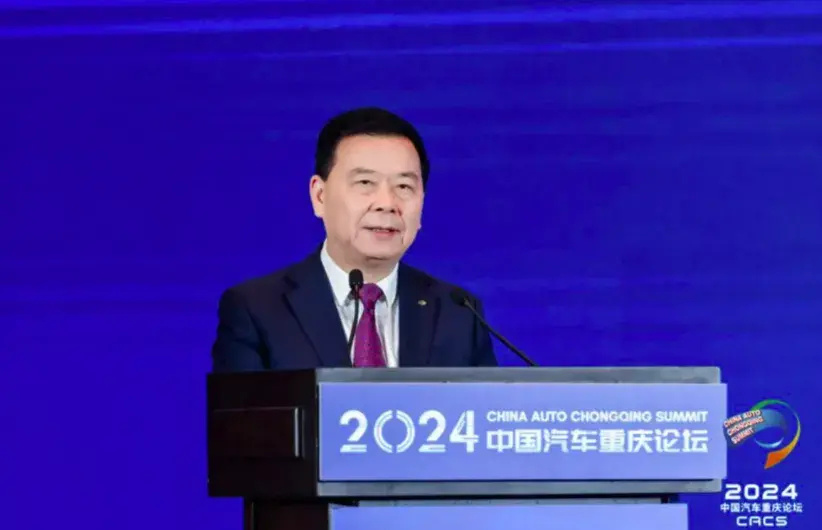
Li Shufu of Geely Holding Group took a neutral stance, believing that this phenomenon is both good and bad. He then expressed his view on fierce competition: "The healthy development of any industry must be reflected in achieving good economic benefits in terms of input-output ratio. Endless competition and简单粗暴的价格战 (brutal price wars) will result in cutting corners, counterfeiting, and unregulated competition that does not comply with regulations."
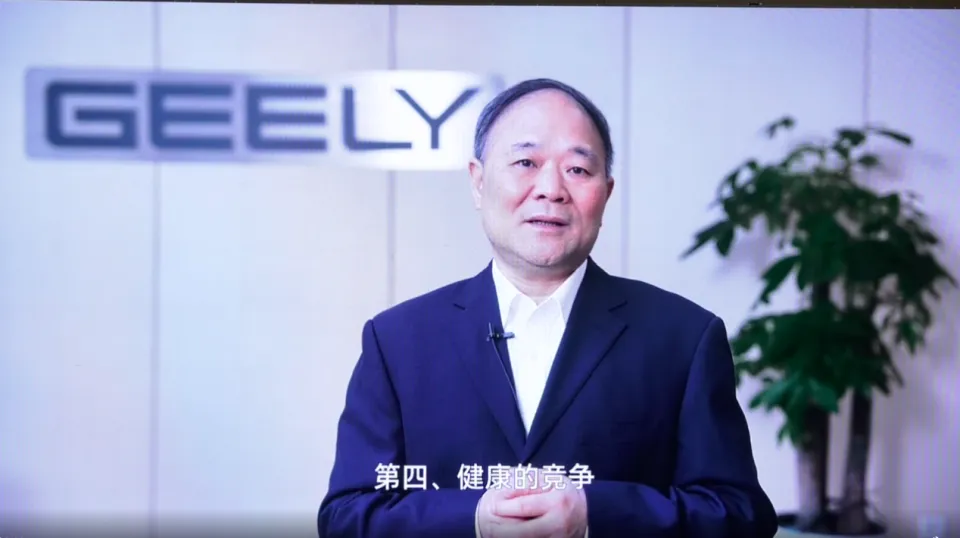
After the top executives of automakers spoke, everyone realized that there is indeed a sense of "each side has its own valid point." It seems that regarding whether the Chinese automotive market should engage in fierce competition, not only users and the media cannot reach a definitive conclusion, but even major brands are also in the fog and cannot find a precise solution.
Currently, the fierce competition in the Chinese automotive market is obvious to all. While it may seem chaotic and disorganized, it mainly revolves around four dimensions: price, configuration, technology, and traffic. Each of these dimensions has its own "king of competition".
For example, in terms of price competition, BYD led the way. At the beginning of this year, BYD launched the Qin PLUS DM-i Glory Edition starting at 79,800 yuan, ushering in a new era where "electricity is cheaper than gasoline." This sparked a chain reaction, and after BYD, the prices of compact sedans fell dramatically. Other models aside, the so-called "three mothers of the road" bore the brunt and followed suit with price reductions, making significant price cuts below 100,000 yuan.
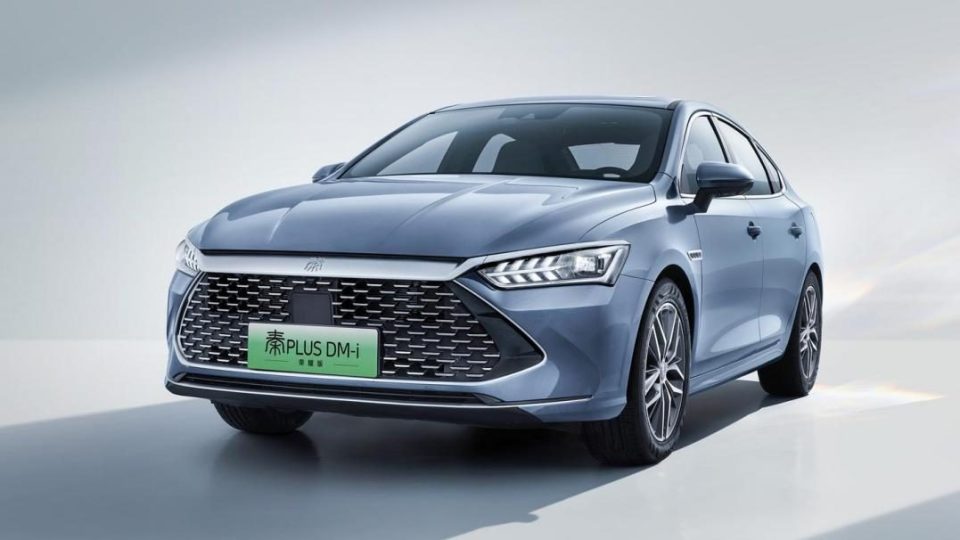
When it comes to competition in configuration, the recently popular Nezha L cannot be ignored. Witnessing how domestic new energy vehicles priced above 300,000 yuan have won a place in the luxury car market by压倒合资的配置 (overwhelming the configurations of joint ventures), Nezha L has pushed the boundaries of "refrigerator, TV, and large sofa" to new heights. As a 150,000-level extended-range SUV, it is equipped with an independent compressor refrigerator, a 15.6-inch ultra-narrow bezel full HD "large TV," and the only zero-gravity massage seat at this price level, with a comprehensive range of over 1,300 kilometers, taking the stacking of configurations to a new level.
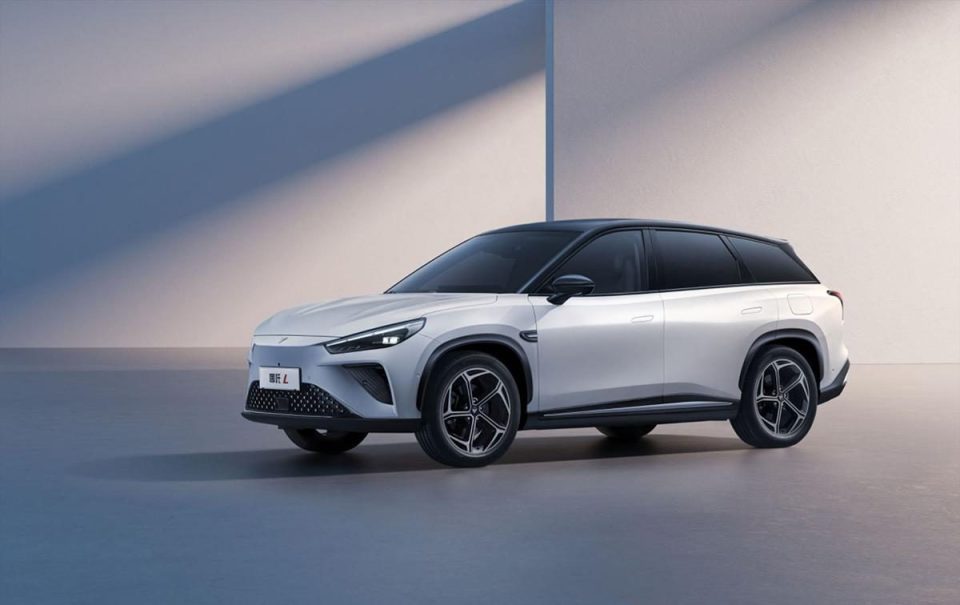
In terms of technological competition, we must mention HarmonyOS Intelligent Connectivity. It pursues technological redundancy and computational redundancy, with various intelligent assistance functions being launched one after another. At the "Second Future Automobile Pioneers Conference" a few days ago, Yu Chengdong, Executive Director of Huawei, also stated that he prefers to engage in intelligent competition rather than price competition.
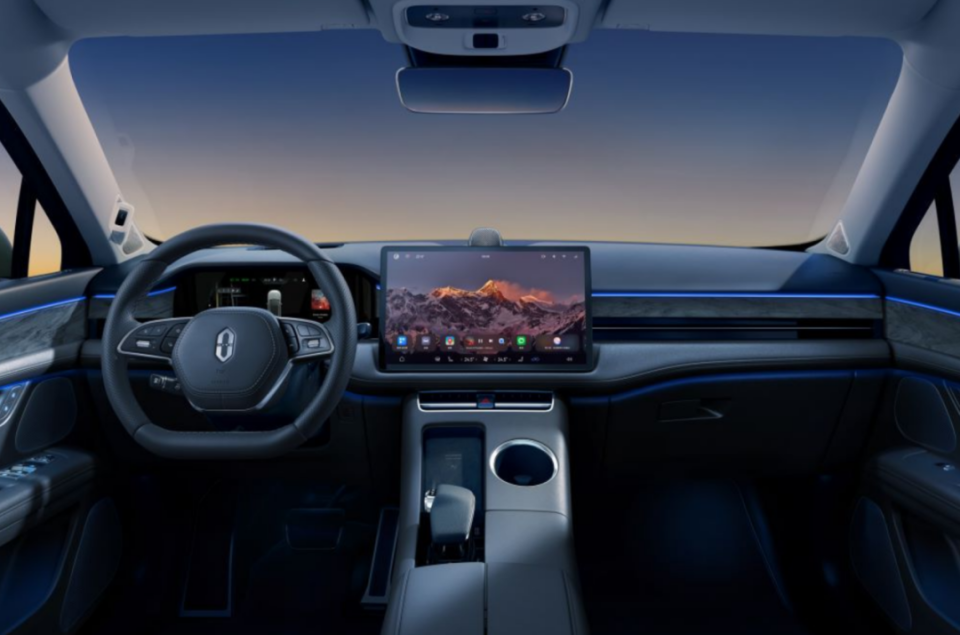
As for competition in traffic, it goes without saying that Lei Jun and his Xiaomi Automobile have pushed executive marketing and popularity to new heights. In the past, the top executives of new force automakers shouting on various social platforms have already caused great concern among traditional automakers. Now, automakers' leaders also face the "epic problem" of how to cultivate online presence and leverage traffic to create phenomenal marketing, with traffic anxiety reaching an unprecedented level.
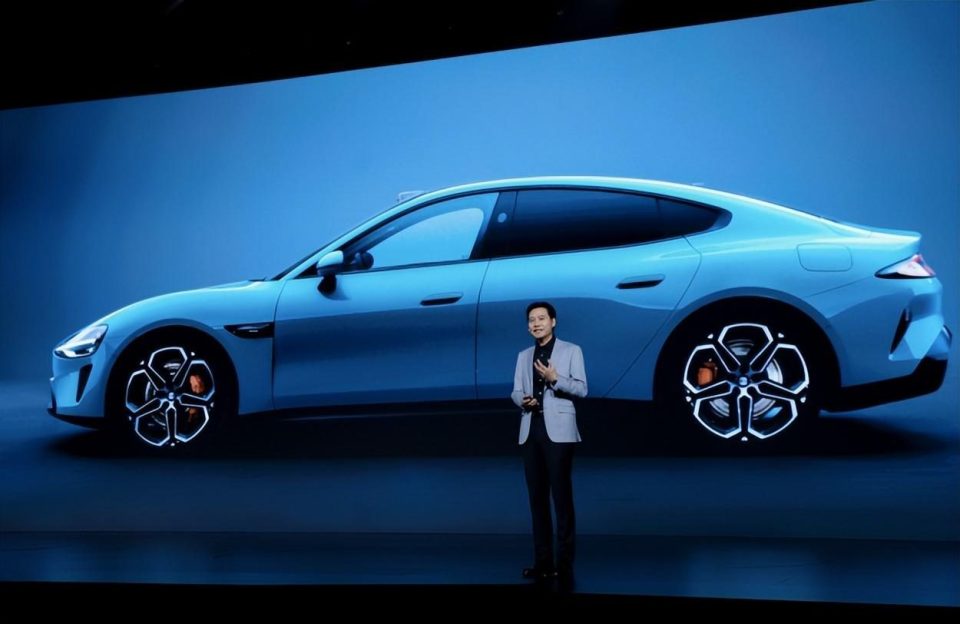
The results of fierce competition in the automotive market have both positive and negative aspects.
On the positive side, Chinese automakers have won the opportunity to overtake, and consumers are gradually disillusioned with joint venture brands due to the rise of domestic new energy vehicles, marking a significant breakthrough in the development of China's automotive industry. As the share of joint ventures decreases sharply, foreign automakers have invested more effort and capital in the Chinese market. For example, Toyota has launched special models tailored to the Chinese market and shouted slogans such as "The best Camry in the world is in China" and "The best Sienna in the world is in China." Many other brands, including Volkswagen and Citroen, have priced their products in the Chinese market at almost half of their overseas prices. Therefore, it can be said that fierce competition has brought Chinese consumers an unprecedented experience of "good quality and reasonable price".
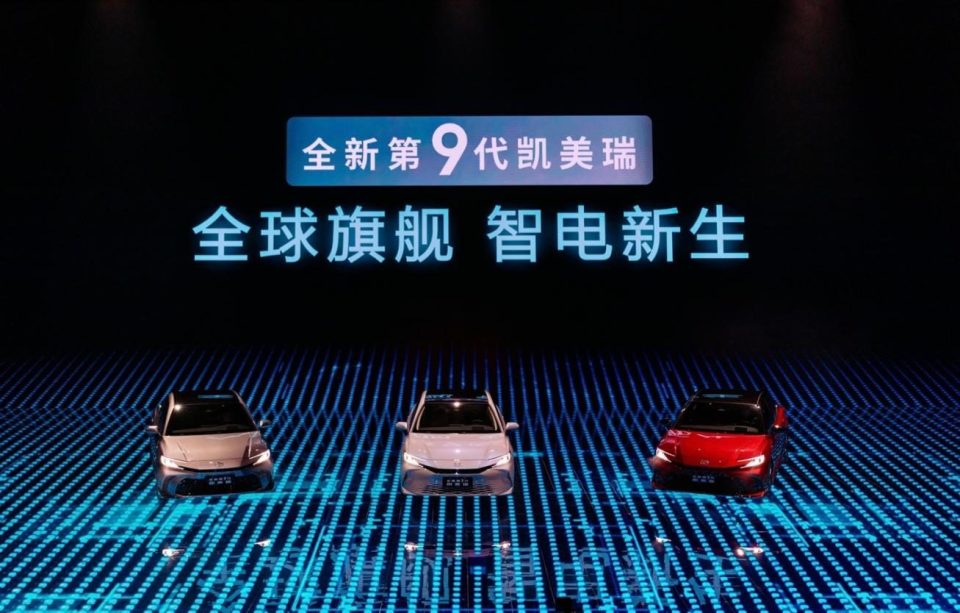
However, as Zeng Qinghong pointed out, among the 18 listed automakers in China last year, only 12 achieved profitability, but their combined net profits did not exceed 90 billion yuan, which is less than half of Toyota's alone. Unbounded fierce competition has kept the industry in a non-healthy state of increasing revenue without increasing profits for a long time. In recent years, many automakers, including NIO, Xpeng, GAC Honda, FAW-Volkswagen, and Tesla, have undergone large-scale layoffs, which have become the norm for domestic automakers. The chill of this non-healthy competition has spread to the bottom, and one day, this situation will be broken.
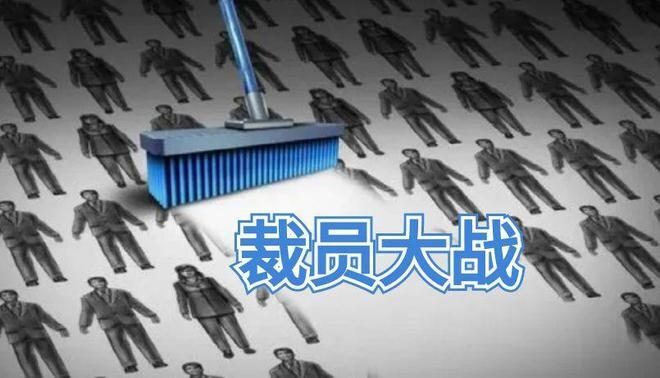
Therefore, rather than discussing whether to engage in fierce competition, the top executives of major automakers should explore "how to compete." Competition that can bring better user experience should be encouraged, while unhealthy practices such as online trolls and black PR should be eliminated. Competition that reduces costs through technological improvements should be supported, while those that maliciously disrupt the market environment should be condemned.
Competition in the market cannot be avoided, but only a competition where "you are good, I am good, everyone is good" can be beautiful and long-lasting.







